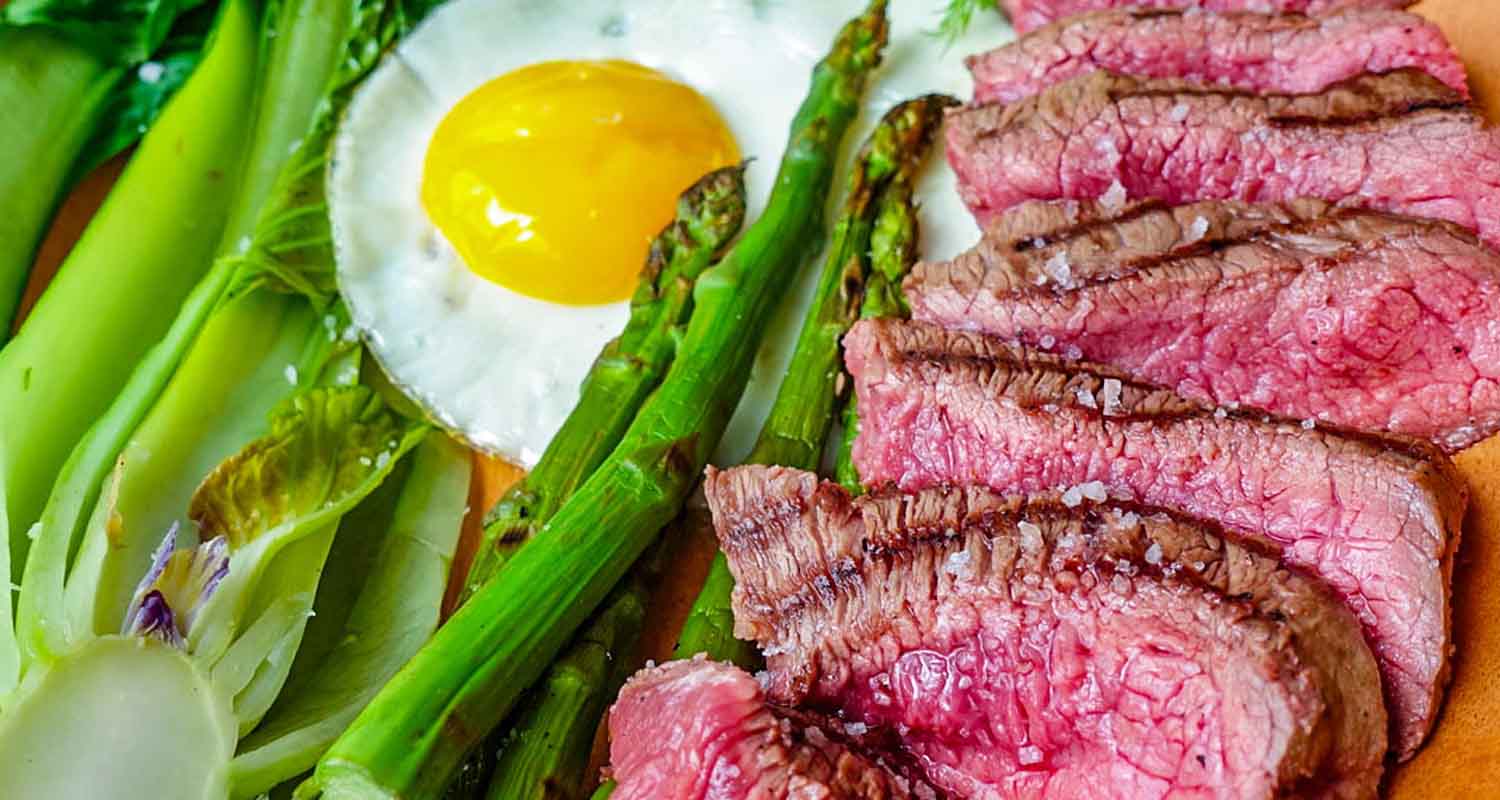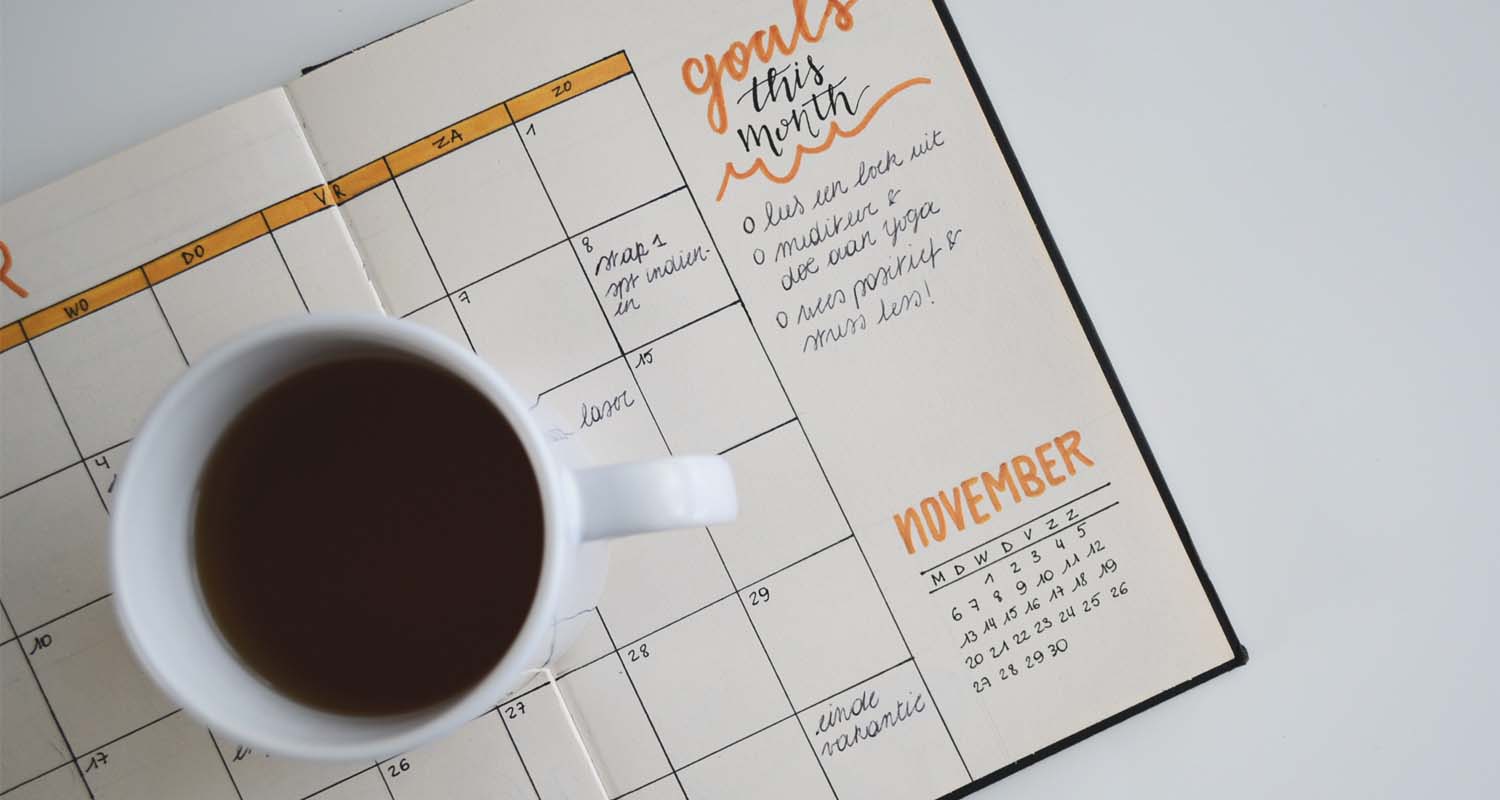
“Strength does not come from physical capacity. It comes from an indomitable will.” -Mahatma Gandhi
Humans are capable of extraordinary feats. You have the potential to run longer than any creature in the animal kingdom, churning out hundreds of miles without breaking [1]. You could go without food for over a year and survive [2]. Not that you’d want to. But what if you could put in 80 hours a week at the office like it’s nothing, or set goals and never give up on them?
It helps to have willpower: the ability to dig deep and keep going, even against crushing odds. Willpower seems abstract – it can feel like some people have it, and others don’t.
In reality, though, willpower is more like a muscle. It’s seated in a particular part of your brain, and you can build it a little bit stronger, every day, with a few simple hacks. Here’s a guide to how willpower works, and how you can strengthen your will to reach your goals.
[Tweet “#Willpower is like a muscle. And you can build it stronger every day, with a few simple hacks.”]
Decision fatigue: your brain on willpower
How long you can go without making bad decisions depends on the strength of your anterior cingulate cortex (ACC), a little C-shaped part of your brain right by your temple [3,4,5].
Think of your ACC as an energetic bank account. When you start your day it’s flush with energy. Every time you exert effort, you withdraw a bit of fuel, slowly emptying your ACC. Choosing what to wear in the morning takes out a little bit. Same with deciding what to make for breakfast. Bigger tasks – working a 12-hour day to finish a project, for example – empty your account faster. If you overdraw, your ACC stops responding and your willpower runs out. That’s when you give in to bad decisions.
This phenomenon is called decision fatigue: the more decisions you make, the worse your judgment becomes. Corporations have known about decision fatigue for years. That’s why they put brightly packaged candy at registers – as you make decisions while shopping, your brain glucose dips. By the time you’re ready to check out, you’re more likely to crave sugar to replenish your glucose stores than you were when you came in the door (unless you follow the Bulletproof Diet and you’re running on fat). By the same token, you’re more likely to get a favorable parole decision from a judge in the morning than you are at the end of a long day [6]. So if you ever get arrested, aim for an early morning hearing. 😉
The good news is that you can build up the amount of energy you store in your ACC, and you can reduce the number of decisions you make with a few steady habits.
Push your comfort zone to build a stronger will
Your brain is a wonderfully flexible tool. It adapts to the demands you put on it, which means you can train your willpower the same way you would train a muscle. Every time you empty your willpower reserve, it comes back a little bit stronger. You want to control the depletion, though, to avoid bad decisions.
The best way is to choose something that that takes self-control and make it into a habit.
[Tweet “Want to build willpower? Set a goal right now. Something to do every day but nothing too difficult.”]
Set a goal for yourself right now. Choose something you can work toward every day, and start off slowly. You want it to be sustainable. For example, choose to stop using electronics at 7 PM every night, or to go for a one-mile run every morning. Choose something that isn’t so difficult you’ll avoid it, but is enough of a challenge that you’ll have to work at it.
After a few weeks, your brain will adapt to your new habit. When you find you’re meeting your goal without trying, either up the ante (start running for two miles every morning, for example) or keep your habit as it is and start another one. That way you’re constantly stressing your willpower enough that it’s growing, every day. Before long, you’ll be doing things that seemed impossible when you started out.
The self-control will bleed into other parts of your life too. People with more self-control [7]:
- Do better at work
- Have stronger relationships
- Are more emotionally stable
- Are happier overall
You’ll want to free up as much willpower as possible to apply to your new habit. Let’s talk about how to do that now.
[Tweet “Willpower Hack #1 – Minimize your wardrobe. Hack #2 – Replace breakfast with #BulletproofCoffee”]
Save up willpower with these 4 hacks
Structure provides freedom. Every time you eliminate a choice from your day, you save a little bit of willpower to put toward something important to you. When you have your day-to-day routine so dialed in that you don’t even think about it, you can focus all your energy on your goals. Here are 4 ways to simplify your daily habits and free up willpower.
Minimize your wardrobe
Steve Jobs was famous for his black turtleneck and New Balance sneakers. Mark Zuckerberg has 10 identical gray t-shirts in his closet. Barack Obama cycles through three or four suits every week.
All three of them understand the power of eliminating decisions. When you reach for the same outfit every day, you never have to think about what to wear or how you look. It seems minor, but you’re saving a lot of mental energy.
Not ready to go full Steve Jobs? Try a capsule wardrobe. Pick 3 or 4 tops, bottoms, jackets, and shoes, all in neutral colors like gray and navy. Plan it out so everything in your closet complements everything else, to the point where you could get dressed in the dark and still look good. Then get rid of all your other clothes so you only have 15-25 items in your closet. You can find capsule wardrobe guides online for inspiration.
Replace breakfast with Bulletproof Coffee
Bulletproof Coffee will keep you running until the afternoon. It’s quicker and cheaper than a typical breakfast, and it means you don’t have to think about cooking in the morning. The ketones from the Brain Octane Oil give your brain immediate fuel, too. You’ll have sharp, stable energy until lunch, and you’ll never again have to think about what to eat for breakfast. Here’s the recipe.
Cycle through the same few delicious meals
Get really good at making 5 or 6 different tasty dishes. You’ll buy groceries and cook on autopilot because you’ll always reach for the same ingredients. When you get tired of one of the meals, swap it out for a new one. Good nutrition supplies your brain with an abundance of fuel. Your brain draws on much deeper stores of energy, which means it takes a lot more for you to run out of willpower.
You can find simple, delicious Bulletproof recipes in Bulletproof: The Cookbook, and plenty of free ones on the blog.
Schedule your day
Pencil out your day, hour by hour, and tailor it to your biology. If you find you lose focus in the early afternoon, put a workout or a couple hours of fun in your schedule at that time. Are you a night owl? Schedule work starting later in the day. Have you been trying to read more? Write in some time before bed when you put down your screens (which improves your sleep) and pick up a book, every night. Love watching TV? Write that in too.
You’ll find you have a lot more time in the day when you map everything out and stick to it. Building habits also becomes much easier if you have them written down in front of you or scheduled out on your calendar. Bonus hack: Listen to this episode of Bulletproof Radio with Michael Breus. He’ll teach you how to figure out the best times of day for you to work, sleep, and play.
For more on simplifying and structuring your life, check out this interview with The Minimalists on Bulletproof Radio. They talk about how consuming less and removing distractions leads to a more enriching life.
Subscribe below for more tips on enhancing your biology. Thanks for reading and have a great week!
References
[expand title=”Click to read the complete list of references.” swaptitle=”Click to hide references.”]
- https://dash.harvard.edu/handle/1/3716644
- https://www.ncbi.nlm.nih.gov/pmc/articles/PMC2495396/
- https://www.ncbi.nlm.nih.gov/pubmed/18547820
- https://www.ncbi.nlm.nih.gov/pmc/articles/PMC3647221/
- https://www.ncbi.nlm.nih.gov/pmc/articles/PMC1783632/
- http://www.pnas.org/content/108/17/6889
- http://onlinelibrary.wiley.com/doi/10.1111/j.0022-3506.2004.00263.x/full














